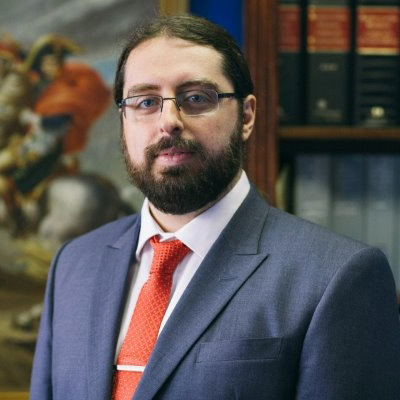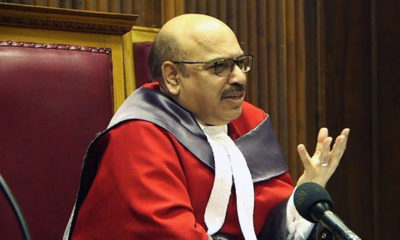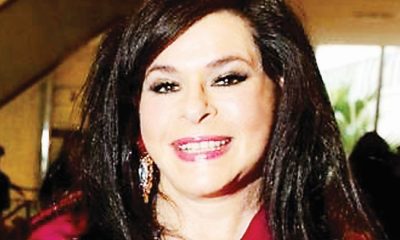
OpEds

Is the Judicial Services Commission hostile to Jews?
The appointment of judges is a key component of the health and vitality of our democracy. The Judicial Services Commission (JSC) has recently gone through the process of nominating judges for the Constitutional Court, the Supreme Court of Appeal, and high courts around the country.
The separation of powers doctrine means that the different arms of government are checks on each other. The legislature’s role is to create the laws, the judiciary’s role is to adjudicate upon the laws, and the executive’s role is to carry out the law. Traditionally, the executive also has the task of appointing judges.
In America, the president decides which judges are placed on its Supreme Court, subject to a confirmation hearing held by the Senate. In South Africa we have the JSC, which is made up of 23 people from a variety of sectors, including politicians, an academic, and legal practitioners. Members interview the judicial candidates, and then recommend candidates who the president can ultimately appoint. The president may refuse to appoint people and ask for an additional set of names.
The JSC hearings have been publicly broadcast, which gives us a sense of what these potential judges would be like on the bench. It also shows the workings of the JSC and the questions that its members deem important.
There is concern that Julius Malema sits as a member of the JSC while being a frequent litigant in the courts. While I trust that judges would be able to fairly apply the law to the facts of Malema’s cases, there is concern that his role in their further elevation to higher courts may create a perception of bias in the eyes of the public. It may be appropriate for Malema to recuse himself from taking part in the nomination process of any judge that has heard his cases.
The Constitution requires judges to be appropriately qualified and to be fit and proper.
We should expect the JSC to ask candidates questions about their knowledge of the law and the cases they litigated while in practice. If they are already a judge and are being interviewed for elevation to a higher court, questions should be asked about the judgments that they have written and whether they were delivered timeously. The JSC should also ensure that judges in particular divisions have experience in private law, criminal law, and constitutional matters.
The Constitution states that “the need for the judiciary to reflect broadly the racial and gender composition of South Africa must be considered when judicial officers are appointed”. However, the obligation is only to consider these criteria, and demographic representation is by no means mandated.
It has become common for members of the JSC to interrogate white male candidates about their sex and gender. Judge Roland Sutherland, who was being interviewed for the position of deputy judge president of the South Gauteng High Court, was asked to comment on the fact that he is a white male. He noted that, among deputy judge presidents in the country, only one of them is white. This entails that his appointment would further the objective of broadly reflecting the racial composition of the bench.
Sutherland has been nominated by the JSC, and thankfully many of the questions that he was asked related to his achievements as a judge. His judgments are written with clarity and wisdom, and his reputation as a fair and patient adjudicator is widespread at the Bar. He also restructured the court to ensure that trial dates are allocated within a few months as opposed to years.
There is a reasonable worry that the JSC has shown hostility to Jewish candidates. Lawrence Lever was asked if his “observation of the Sabbath would interfere with his judicial duties”. Such questions weren’t put to Christian or Muslim candidates.
The BDS (Boycott, Divestment, Sanctions) movement wrote a letter to the JSC claiming that it was improper for Judge David Unterhalter to have held a position at the South African Jewish Board of Deputies (SAJBD) because it deemed the organisation to be supportive of the “apartheid state of Israel” and antithetical to the values of the Constitution.
Instead of asking Unterhalter about the vast array of expertise that he would bring to the Constitutional Court, the Black Lawyers Association and Dali Mpofu repeatedly asked about his short stint on the SAJBD.
The code of judicial conduct states that a judge cannot be part of a political party, but it explicitly allows judges to be members of charitable organisations like the SAJBD. Unterhalter made it clear that he had been asked to assist vulnerable people in the Jewish community who had been imperilled by the pandemic
The JSC declined to nominate Unterhalter in spite of his numerous appearances before the Constitutional Court in landmark cases that include the certification of the Constitution itself.
- Mark Oppenheimer is a practising advocate and member of the Johannesburg Bar.










